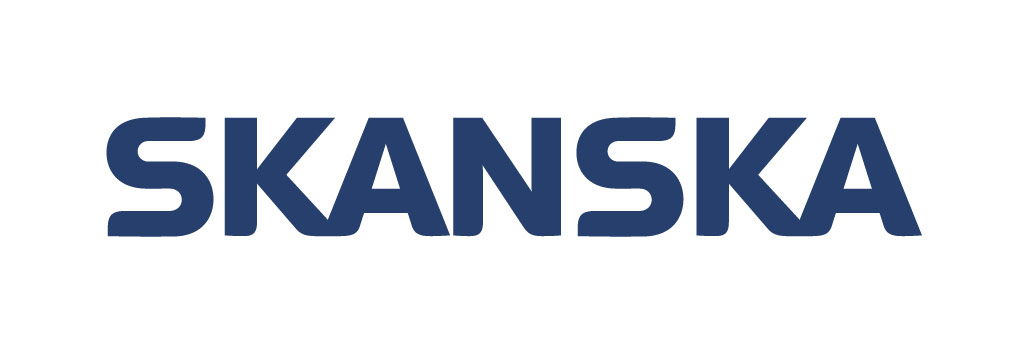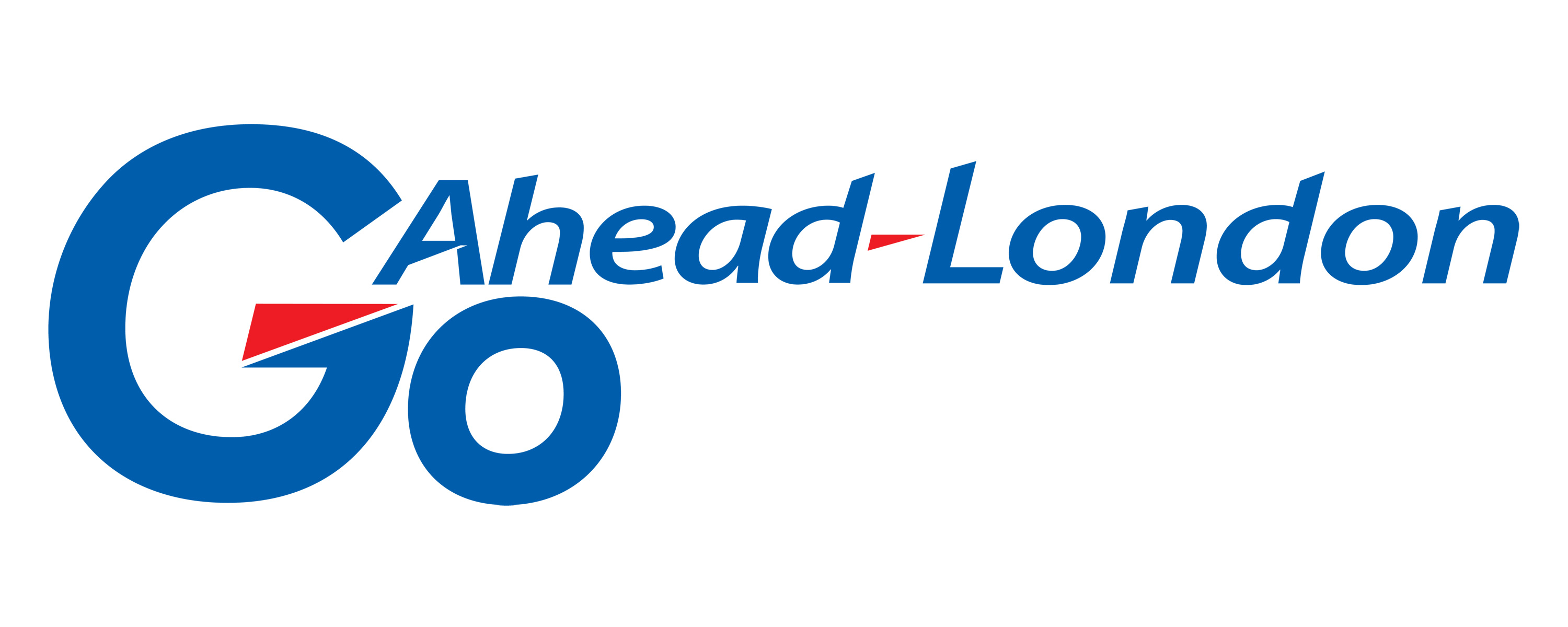

This award celebrates projects or strategies by the highways and transportation industry that demonstrate a contribution to sustainable working practices, address climate change and creates environmental benefits with a global or local impact.

At a time when radical change to address the climate change challenge is not a ‘nice to have’, but an essential part of good business practice, we are delighted to support the CIHT to shine a light on best practice in low carbon initiatives across our sector. This issue will impact on all of us, as individuals, and as public and private sector organisations, big and small. We need to come together to tackle this issue – the most important facing ours and future generations, working in partnership to find solutions and new ways of working.
Scott Wardrop, Chief Executive, Ringway
The Future: It’s in our hands
Ringway refect on the climate emergency in light of lessons learned from the Covid-19 pandemic.
Read hereAchieving net zero with Maggie Hall, Sustainability Advisor for Ringway and the wider Eurovia businesses in the UK
The UK passed a net zero emissions law - this target requires the UK to bring all greenhouse gas emissions to net zero by 2050. This podcast examines how the highways and transport sector can deliver on this target and how will industry support the sector in doing this?
Disclaimer
This content is provided by the supporters of this award. Any opinions expressed are those of the authors and / or supporting organisation. They do not purport to be an endorsement, reflect the opinions or views of CIHT or its members. Neither CIHT nor any person acting on their behalf may be held responsible for the use which may be made of the information contained therein.

A team from Jackson, Connect Plus, DB Group and Axtell have successfully piloted an ultra-low carbon concrete on the M25, slashing carbon emissions by 77%.
4 billion tonnes of OPC, which is used to bind conventional concrete, are manufactured globally each year, accounting for 8-10% of greenhouse gas emissions.
Cemfree removes the need for OPC using 95% GGBS and a 5% alkali activator instead, reducing the CO2 value down to 114 kg per tonne, 77% lower than conventional concrete mixes.
This ultra-low carbon solution will help to confront our industry’s largest contributor to the global climate crisis.
Exclusive to Members - Read the Full Case Study
Skanska UK has committed to net-zero carbon by 2045, including a 2030 interim target and comprehensive decarbonisation strategy. By including our supply chain and externally publishing our emissions data we are transparently taking responsibility for our true impact and hope to influence the industry to follow suit. Skanska Infrastructure Services is driving low carbon innovations and proactively collaborating with our local authority customers and supply chain to plan a path to net zero emissions to meet the ambitious carbon neutral targets set out by local authorities in their climate declarations.
Exclusive to Members - Read the Full Case Study
Based on emerging best practice, a new surface course using 50% reclaimed asphalt (RA) was successfully installed on the M25 J25-26 in September 2019. The trial represents the first surface course to be installed on the SRN containing 50% RA, marking a step change in use of recycled material on the Highways England network.
The trial demonstrated that reclaimed asphalt can be used in the highest value application. This innovative trial has delivered a carbon footprint saving of 9.46kg CO2e/T, resulting from a 50% reduction in primary aggregate required, a 61% reduction in bitumen imported and extensive transport savings.
Exclusive to Members - Read the Full Case Study

The Bunhill phase 2 project involved the construction of a new Energy Centre to take waste heat from London Underground’s ventilation shaft and provide additional heat to the existing Bunhill heat network. This provides cheaper heat to nearby schools, leisure centres and residents, reducing carbon emissions by an additional 500 tonnes per year. During warmer months, the fan installed in the London Underground ventilation shaft will be reversed, injecting cooling to the underground network. It is the first scheme in the world to take waste heat from an underground train network and use it to provide lower cost, greener heat.
Exclusive to Members - Read the Full Case Study
London’s buses are carrying record numbers of passengers and have benefitted from sustained investment, especially since the creation of a directly elected Mayor in 2000. Spurred by the introduction of an Ultra-Low Emission Zone (ULEZ) for part of the capital in 2019, Transport for London (TfL) intends to introduce Europe’s largest fleet of electric buses (e-buses) and it chose to partner Go-Ahead London, the biggest bus company in the capital, on an ambitious garage conversion, from diesel to electric operation, which was delivered on-time and to budget in 2016.
Exclusive to Members - Read the Full Case Study
Access the latest in-depth real world case studies, best practice, resources, thought leadership and much more by becoming a CIHT Member.
Whether you are a student, apprentice, work in the private or public sectors or are a company director, CIHT has a place for you and a commitment to fulfilling your professional development needs throughout your career.
Discover why the leaders and rising stars of Highways and Transportation are CIHT members and become part of a community of savvy fellow professionals just like you.
Find out More